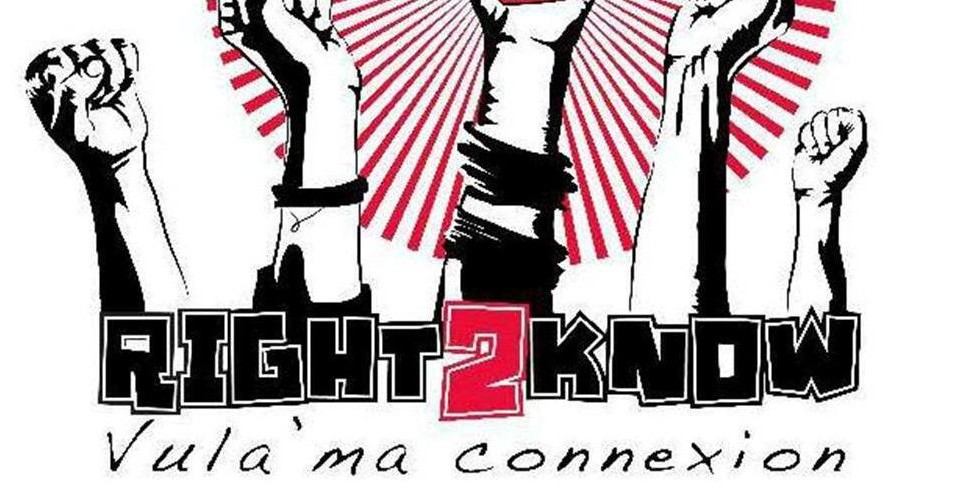In a bid to get the government to reveal a list of National Key Points, the Right2Know Campaign (R2K) and the South African History Archive (SAHA) eagerly awaited the judgement today from the South Gauteng High Court on why South Africans should have access to a list of National Key Points – and they succeeded.
According to the organisations, the court ruled that the South African Police Service (SAPS) has 30 days to hand over a complete list of the key points.
Judge rules that SAPS refusal to release #NationalKeyPoints list was unlawful – orders release within 30 days
— Right2Know (@r2kcampaign) December 3, 2014
“Our call for a public list of National Key Points came after years of complaints from civic organisations that this security law has been used to undermine both the right to protest in public spaces, and the public’s right to know. The Act has been infamously invoked to justify the controversial R230-million upgrades to President Jacob Zuma’s personal home in Nkandla, and to hamper efforts to bring the scandal to light,” R2K said in a statement earlier this month.
The campaign to get the list of National Key Points released to the public was originally started by SAHA, which Right2Know Campaign thanked.
Huge kudos to @SAHAnews for its expertise in PAIA – this was how we originally requested a list of #NationalKeyPoints to be released
— Right2Know (@r2kcampaign) December 3, 2014
//Update
R2K has released a public statement on the judgement, reprinted in full.
The Right2Know Campaign and the South African History Archive (SAHA) welcome this ruling, which underscores the need for transparency to prevent abuses of security policies. The judgment also highlights the damning failure by the state to provide clear reasons for refusing access to records in terms of South Africa’s key accountability law, the Promotion of Access to Information Act (PAIA), noting that SAPS’s justification for withholding these records amounted to “platitudes and a recitation of the provisions of the statutes.”
We believe that releasing the list of National Key Points would be vital step in challenging the creep of unjustified ‘national-security’ secrecy, authoritarianism and repression in our politics and public life. Only through access to this list can the public begin to identify and resist abuses of this apartheid-era secrecy law, where we see vague ‘National Key Point’ powers being invoked to shield certain institutions from criticism, both in government and the private sector.
In May 2013 the Ministry of Police also announced that the Act would be reviewed and amended in Parliament, but said that the public would not have access to the list of National Key Points during such a process. We believe a public review of the Act would be meaningless without access to this list, reducing Parliament’s role to nothing more than a rubber-stamping exercise likely to replicate some of the worst parts of the law. We believe that access to this list will most likely demonstrate that the National Key Points Act, as a legal throwback to apartheid-era secrecy, has no place in South Africa’s democracy, should be scrapped entirely and replaced by a law premised on principles of openness and accountability.

